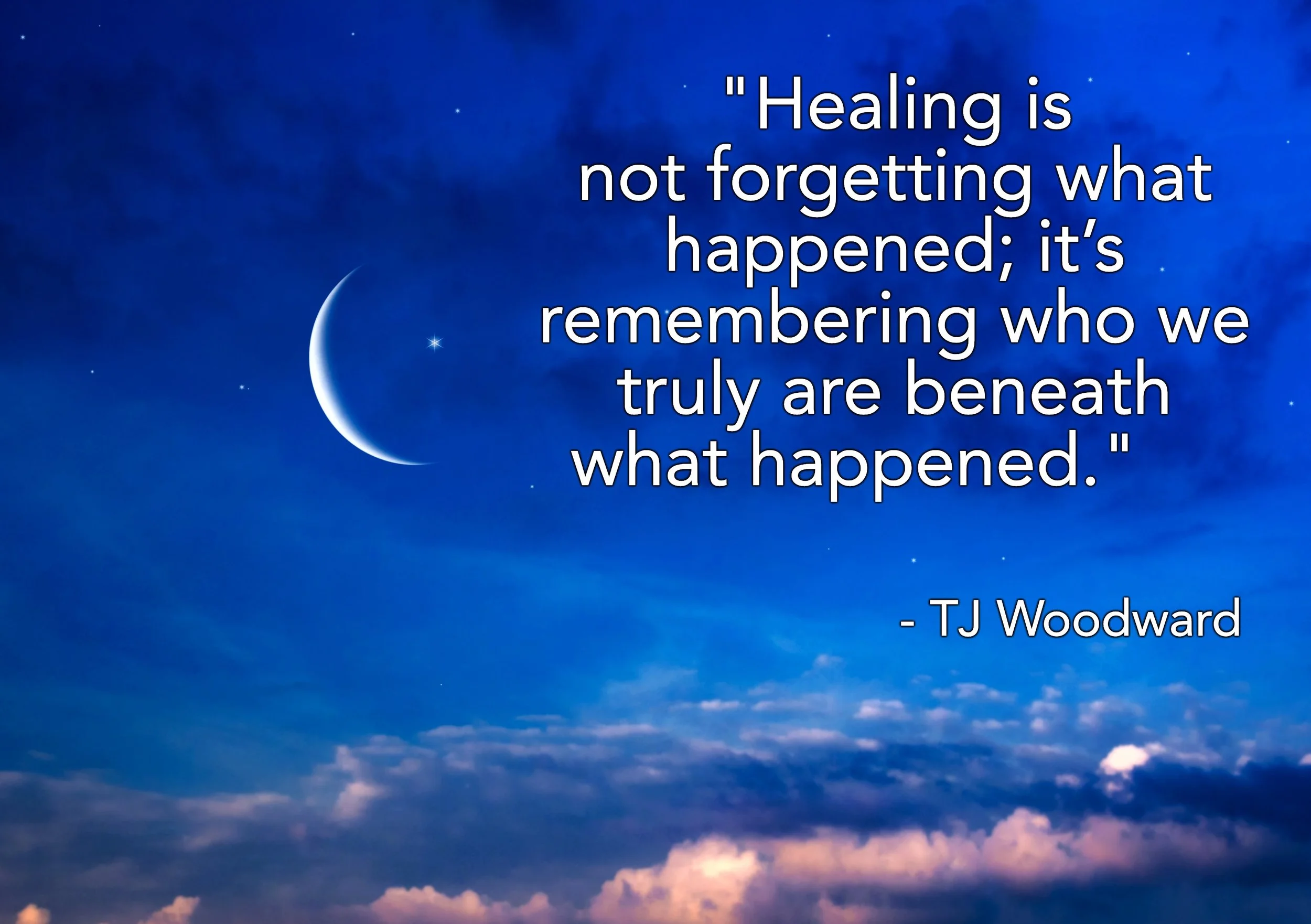Powerlessness
When we’re living from black-and-white thinking, it’s easy to spiral into hopelessness when life doesn’t go the way we had hoped. From this limited perspective, everything feels either “all good” or “all bad,” and when things don’t align with our expectations, we often fall into despair or depression. In an attempt to soothe these difficult emotions, we may turn to something outside of ourselves for comfort—what we often call addiction. That might look like alcohol, drugs, love, sex, food, shopping, technology, or even overworking. These behaviors become temporary escapes from a deeper pain—often rooted in a profound sense of powerlessness.
Those who find themselves deeply caught in these patterns have often experienced unhealed trauma, usually beginning in childhood. Abuse, neglect, or other painful early experiences can create a foundational belief that something is fundamentally wrong—with the world, and with the self. As children, we don’t yet have the capacity to process such experiences, so we internalize them. We create stories of unworthiness, shame, or helplessness. And unless those stories are brought into the light of awareness, they continue to run in the background of our adult lives.
To be clear: when children experience abuse or trauma, they are, without question, victims of those experiences. And yet, as we step into adulthood, we are given a sacred opportunity—the chance to look at our worldview, to lovingly explore our inner landscape, and to do the deep inner work that allows us to release the grip of the past. This is not about blame—it’s about reclaiming our power. Healing is not forgetting what happened; it’s remembering who we truly are beneath what happened.
Many people spend their lives operating at what I call the martyr level of consciousness. It’s a state where we unconsciously give away our power to external circumstances. We blame others, systems, or life itself for our pain. And in many ways, this has become normalized. Our media is saturated with stories of conflict, division, and power struggles—both personal and global. For those whose basic needs are being met, martyr consciousness can feel tolerable, even familiar. That is, until life delivers a wake-up call—a loss, a diagnosis, a breakdown.
Pain can become the catalyst for awakening. It opens the door to a new possibility. We begin to ask deeper questions: Is there another way to live? Could there be more than this cycle of struggle and survival? The suffering that once felt unbearable can become the very thing that leads us to the path of transformation. And when we stop trying to fix the outer world and turn inward instead, we begin the real journey—one that leads us from powerlessness to presence, from victimhood to freedom.

